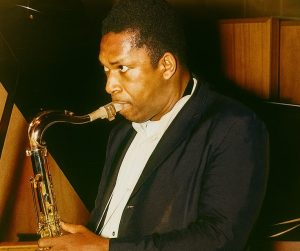My Man’s Done Gone
Bill Evans Trio
Scott LaFaro
Click here to Support Jazz on the Tube
Rocco Scott LaFaro, a virtuoso of the double bass, was born on April 3, 1936, in Livingston, New Jersey. His early years saw his family’s migration to the serene town of Geneva nestled in upstate New York, a move that transpired when he was a mere five years old.
The resonant melodies of the double bass began to embrace Scott LaFaro’s life when he was eighteen, a tender age that marked his introduction to this majestic instrument, shortly preceding his foray into college.
Yet, academia could not contain the allure of music’s beckoning call. During his sophomore year, the siren song of performance led him away from the hallowed halls of education and into the embrace of the Buddy Morrow big band, embarking on a transformative journey.
Upon parting ways with the ensemble on the far reaches of the West Coast, he found himself captivated by the magnetic pull of the bustling Los Angeles music scene. This decision to linger amidst the ebullient ambiance of the city was a fateful choice, sparking a pivotal chapter in his artistic odyssey.
The year 1959 stood as a cornerstone, for it was then that LaFaro’s reputation as a luminary among young bassists began to crystallize. Collaborations with luminaries like pianist Bill Evans and drummer Paul Motian testified to his musical prowess, igniting sonic dialogues that resonated with brilliance.
A turn of the calendar saw LaFaro stepping into the limelight of jazz history once more, taking on the mantle of Charlie Haden’s successor within the ranks of Ornette Coleman’s ensemble in January of 1961.
However, the crescendo of LaFaro’s journey was tragically cut short in the summer of the same year. A somber automobile accident in Flint, New York, just days following the Newport Jazz Festival, claimed his life, casting a shadow over the world of music.
Yet, his immortal imprint persists through his final recorded works, enshrined within the evocative albums “Sunday at the Village Vanguard” and “Waltz for Debby,” born from harmonious communion with the Bill Evans Trio. These timeless recordings stand as poignant memorials, etching his legacy into the very fabric of jazz’s enduring tale.


